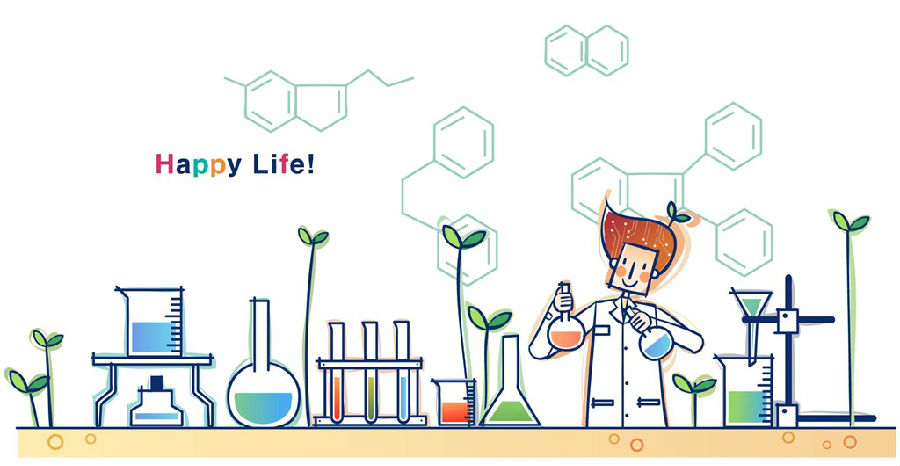(单词翻译:单击)
No one knew about his principle, because Avogadro himself was a retiring fellow, he worked alone, corresponded very little with fellow scientists, published few papers, and attended no meetings but also it was because there were no meetings to attend and few chemical journals in which to publish. This is a fairly extraordinary fact. The Industrial Revolution was driven in large part by developments in chemistry, and yet as an organized science chemistry barely existed for decades.
没人知道他的定律,一方面,是因为阿伏伽德罗是个离群索居的人,他一个人搞研究,只与极少数的科学家通讯,发表过少数的几篇论文并且从来不参加会议;另一方面,也是因为没有会议可以参加,很少有几家化学杂志可以发表文章。这是一件很怪的事。工业革命的动力在很大程度上来自化学的发展,而在几十年的时间里化学却几乎没有作为一门系统的科学独立存在。
The Chemical Society of London was not founded until 1841 and didn't begin to produce a regular journal until 1848, by which time most learned societies in Britain—Geological, Geographical, Zoological, Horticultural, and Linnaean (for naturalists and botanists)were at least twenty years old and often much more. The rival Institute of Chemistry didn't come into being until 1877, a year after the founding of the American ChemicalSociety.
直到1841年,才成立了伦敦化学学会;直到1848年,那个学会才定期出版一份杂志。而到那个时候,英国的大多数学术团体--地质学会、地理学会、动物学学会、园艺学学会和(由博物学家和植物学家组成的)林奈学会至少已经存在20年,有的还要长得多。它的竞争对手化学研究所直到1877年才问世,那是在美国化学学会成立一年之后。
Because chemistry was so slow to get organized, news of Avogadro's important breakthrough of 1811 didn't begin to become general until the first international chemistry congress, in Karlsruhe, in 1860.
由于化学界的组织工作如此缓慢,有关阿伏伽德罗1811年的重大发现的消息,直到1860年在卡尔斯鲁厄召开第一次国际化学代表大会才开始传开。


